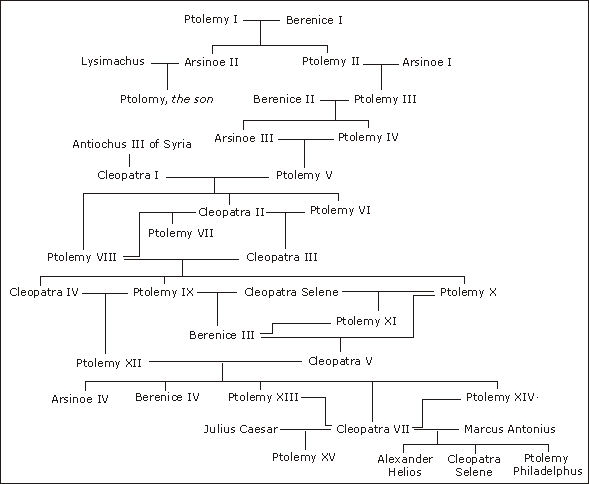This is true, and to expand a bit, Egypt lacks trees AND iron ores, and has a climate that tends to be rough on horses. Enough horses to equip a few elite charioteers was doable. Enough to equip sizable mounted forces like the Persians - no way.
The lack of trees and iron ores was even more acute . Once burning trees to refine iron and steel for armor, swords and spear points became THE key to military dominance Egypt was doomed. It would be a valuable possession to be fought over - not a power in its own right. Even it’s slim supply of horses became less useful without plenty of iron and steel to arm and equip their riders.
In the Bronze Age, Egypt was a power to be reckoned with. Afterwards it struggled. Without the ability to raise and equip a sizable contingent of heavily armed horsemen, OR large numbers of heavily armored iron clad foot soldiers Egypt had all it could handle just to maintain its sovereignty.
Assyrians, Babylonians, Persians, Greeks, and then Romans (in that order) overwhelmed and conquered the Egyptians with superior armed forces from external places repeatedly from ~ 1,500 BC to 0 AD. All of them had ready access to plenty of timber and iron, plenty of horses or both.


